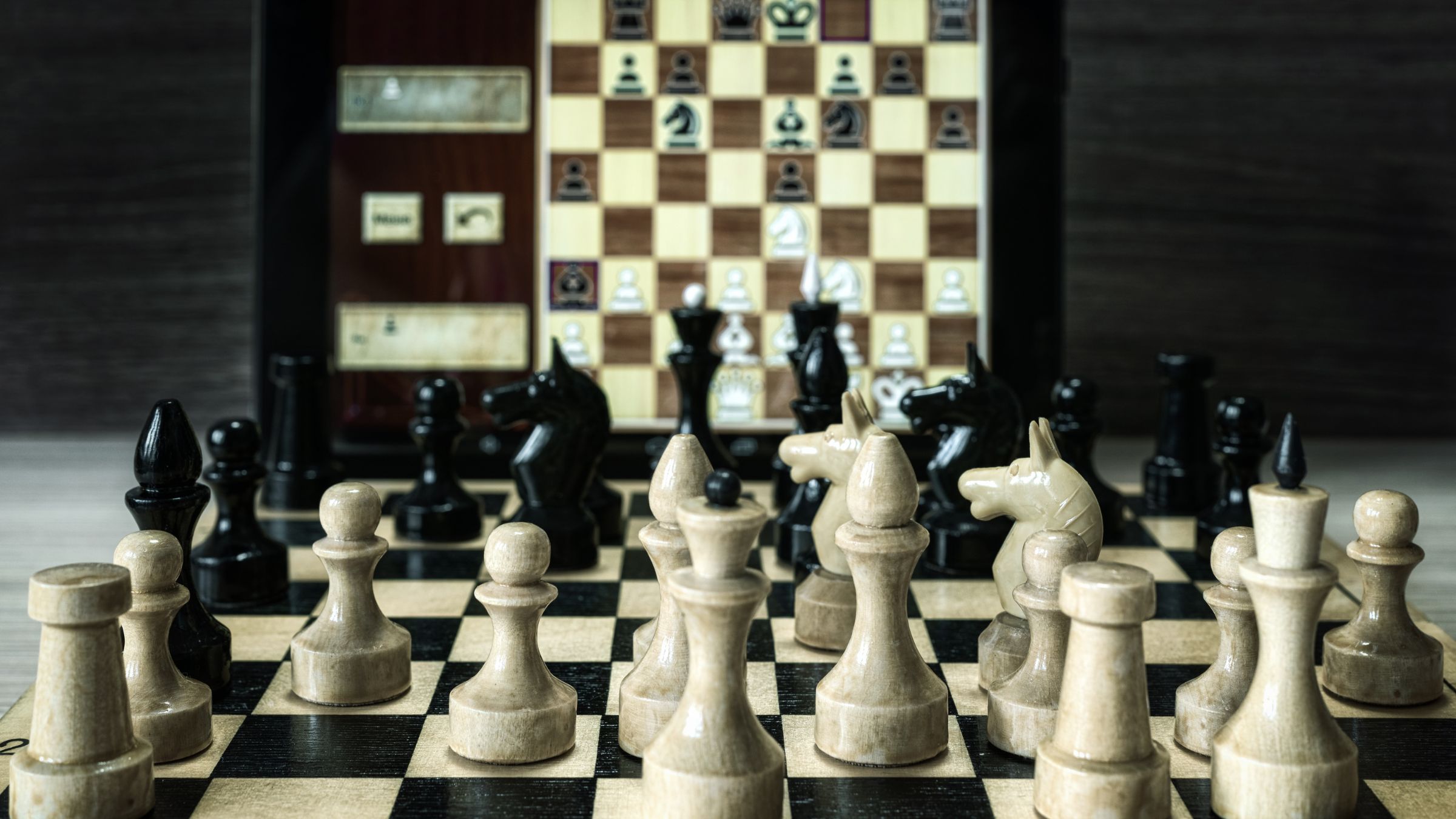
For many Australians over 60, the 1990s were a time of discovery when personal computers became increasingly commonplace. As computers entered homes across the country, a set of simple yet engaging games became instant classics. These games were not just pastimes — they introduced a generation to the joy of interactive technology.
Let’s take a look back at these iconic games and how they offered both fun and mental challenges that many still cherish today.
Bundled with Windows in 1990, Solitaire became one of the most widely played games on early computers. With its simple rules, no opponents needed, and the satisfaction of organising a shuffled deck, Solitaire offered entertainment for those who wanted to pass the time while sharpening their strategic thinking.
For many of us, Solitaire was likely our first experience with computer gaming. It was easy to learn, and as an added bonus, it could be enjoyed during quiet moments, making it a perfect companion during long afternoons at home.
Minesweeper, another Windows classic from the 90s, was a bit more challenging than Solitaire but equally addictive. Players were tasked with revealing tiles on a grid while avoiding hidden mines. Coloured numbers on the tiles indicated how many mines were adjacent, requiring logical thinking and careful deduction to progress safely through the game.
Although the graphics were simple, Minesweeper’s appeal lay in its mental challenge. Many still recall the satisfaction of winning a game after meticulously avoiding mines or the sudden disappointment of accidentally clicking the wrong tile. It was a puzzle that kept players engaged, enhancing problem-solving skills along the way.

Chess, a game with centuries of history, found new life on computers in the 90s. Windows included a digital version of the classic strategy game, allowing players to face off against the computer at various levels of difficulty or play with friends. This was a significant evolution for those who loved chess but may not have always had a partner to play against.
Chess aficionados could practise strategies, refine their moves, and enjoy the age-old game whenever they pleased — all without needing a physical chessboard. Since then, chess has cemented itself in pop culture, seeing a revival in playtime thanks to recent exposure like The Queen’s Gambit on Netflix.
Tetris was originally developed in the 1980s but by the 90s, it had made its way onto nearly every computing platform, including Windows PCs. The game’s simple concept — arranging falling blocks into complete lines — was deceptively addictive.
Tetris tested quick thinking and spatial awareness, as the blocks (or “Tetriminos”) descended faster and faster as the game progressed. It required quick decision-making and coordination, and its increasingly challenging levels kept players coming back for more. The appeal of Tetris was universal, making it a game enjoyed by players of all ages.
While less mentally taxing than Minesweeper or Chess, SkiFree became a cult hit for its lighthearted gameplay and simple graphics. Released in 1991 as part of the Microsoft Entertainment Pack, SkiFree placed players in control of a skier navigating down a mountain slope. Avoiding obstacles like trees, rocks and other skiers, the game was straightforward fun.
Until the inevitable encounter with the yeti, a monster that would chase down and “eat” the skier if you ventured too far.
Regardless, it was the kind of game where you could relax, have fun, and enjoy a few laughs, even if your run ended with the yeti catching up to you. The game’s quirky charm and simple controls made it an entertaining option for moments when you just wanted to have some lighthearted fun.